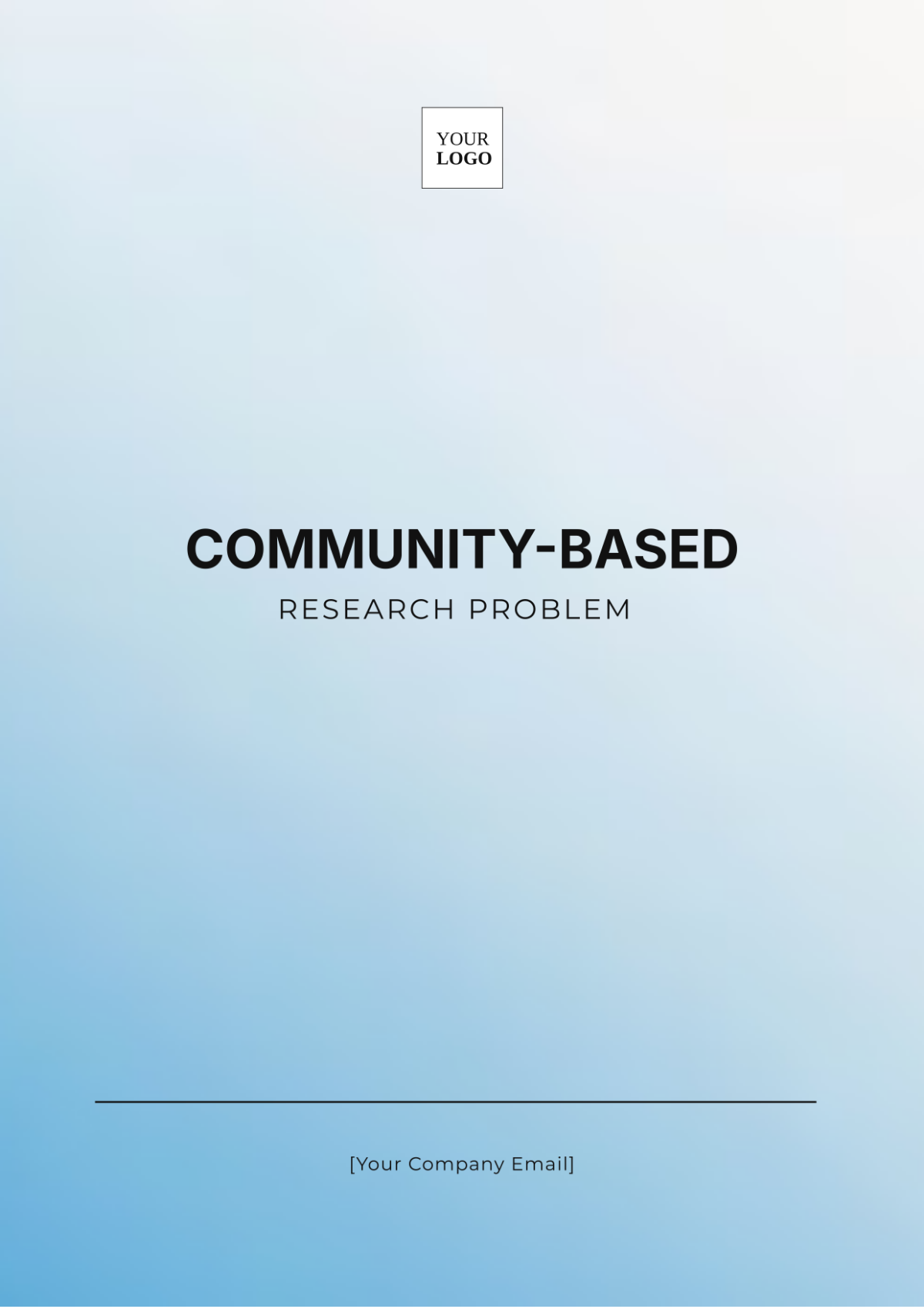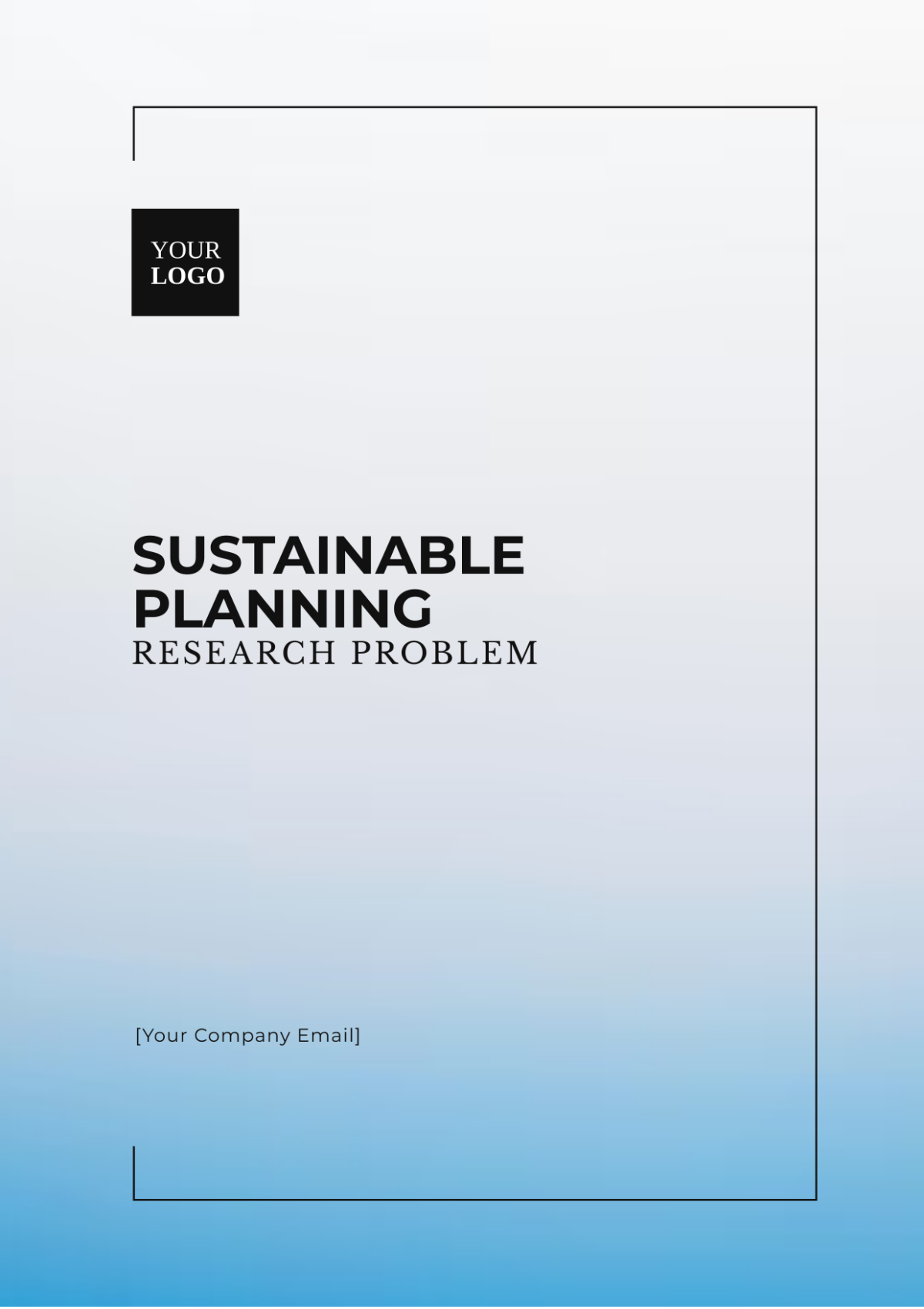Constructivist Approach Qualitative Research
I. Defining the Constructivist Approach
The constructivist approach is grounded in the belief that knowledge is actively constructed rather than passively discovered. This paradigm asserts that reality is subjective and shaped by individual perspectives, emphasizing the importance of understanding the processes through which individuals create and interpret their experiences. It is fundamentally concerned with how people derive meaning from their interactions with the world around them.
II. Key Characteristics of Constructivist Qualitative Research
Subjectivity: Central to constructivist research is the focus on the subjective nature of meaning-making. Researchers acknowledge that individuals interpret their experiences through personal lenses, which are influenced by their unique social and cultural contexts.
Contextual Understanding: This approach places significant emphasis on the context in which participants' experiences occur. Researchers strive to understand phenomena within the specific environments and situations that shape participants' perspectives.
Interactive Process: Constructivist research involves an interactive process where researchers actively engage with participants. This interaction is seen as integral to the co-construction of knowledge, recognizing that both researchers and participants influence the findings.
Theoretical Flexibility: Constructivist research is open to multiple viewpoints and theoretical frameworks. It avoids rigid adherence to a single theory, allowing for a more nuanced understanding of complex issues.
III. Methodologies in Constructivist Qualitative Research
Constructivist qualitative research utilizes various methodologies that align with its principles of subjectivity and context:
Grounded Theory: Grounded theory aims to generate theories from systematic data collection and analysis. It is particularly effective for exploring processes, actions, and interactions, with the goal of developing theories grounded in empirical data.
Phenomenology: Phenomenology focuses on understanding lived experiences from the perspective of individuals. It seeks to capture the essence of phenomena as experienced by participants, providing deep insights into their subjective realities.
Case Study: Case study research offers an in-depth exploration of a specific case within its real-life context. It is useful for achieving a comprehensive understanding of complex issues and gaining insights into particular instances of interest.
Ethnography: Ethnography involves detailed, systematic study of people and cultures, often through participant observation and immersion. It aims to provide a rich, contextualized understanding of the community being studied.
IV. Applications of Constructivist Approach
The constructivist approach has proven effective across a variety of disciplines, demonstrating its versatility and depth.
Education: In education, constructivist approaches are used to understand student learning processes and develop teaching practices that align with how students construct knowledge.
Sociology: In sociology, constructivism helps explore social phenomena, cultural norms, and individual identities within different societal contexts.
Psychology: In psychology, constructivist approaches are applied to examine individual psychological processes and therapeutic practices, focusing on personal meaning-making and subjective experiences.
Healthcare: In healthcare, constructivist research investigates patient experiences and behaviors, aiming to improve healthcare practices and policies by understanding the subjective aspects of patient care.
V. Critical Evaluations of Constructivist Qualitative Research
Despite its strengths, the constructivist approach faces several criticisms:
Subjectivity Concerns: Critics argue that the emphasis on subjectivity may introduce research bias and limit the generalizability of findings. The personal interpretations of both researchers and participants can affect the outcome.
Complexity of Analysis: The in-depth nature of qualitative data can make analysis challenging and time-consuming. The richness of data requires careful and often complex interpretation.
Interactivity: The active involvement of researchers in the data collection process may influence participants' responses and the overall construction of findings, raising questions about the objectivity of the results.
VI. Conclusion
The constructivist approach in qualitative research provides a profound understanding of how individuals construct and interpret their realities. By focusing on subjectivity, context, and interactive processes, it offers valuable insights across various disciplines. While it faces certain criticisms, its contributions to the depth and richness of qualitative research are substantial and undeniable.
VII. References
Charmaz, K. (2014). Constructing Grounded Theory (2nd ed.). Thousand Oaks, CA: Sage.
Creswell, J. W. (2013). Qualitative Inquiry & Research Design: Choosing Among Five Approaches (3rd ed.). Thousand Oaks, CA: Sage.
Denzin, N. K., & Lincoln, Y. S. (Eds.). (2011). The Sage Handbook of Qualitative Research (4th ed.). Thousand Oaks, CA: Sage.

















































